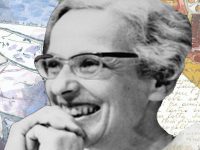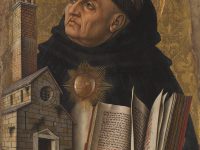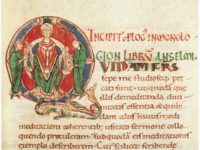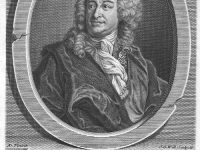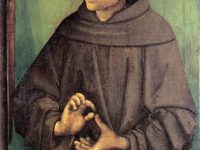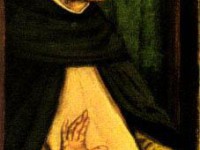Marie-Louise von Franz and the Psychology of Fairy Tales
On January 4, 1915, Swiss Jungian psychologist and scholar Marie-Louise von Franz was born. Von Franz is renowned for her psychological interpretations of fairy tales and of alchemical manuscripts. Her research showed common themes in tales from many cultures, which she linked with experiences in daily life. “The ego must be able to listen attentively and to give itself, without any further design or purpose, to that inner urge toward growth. “ —…
Read more

